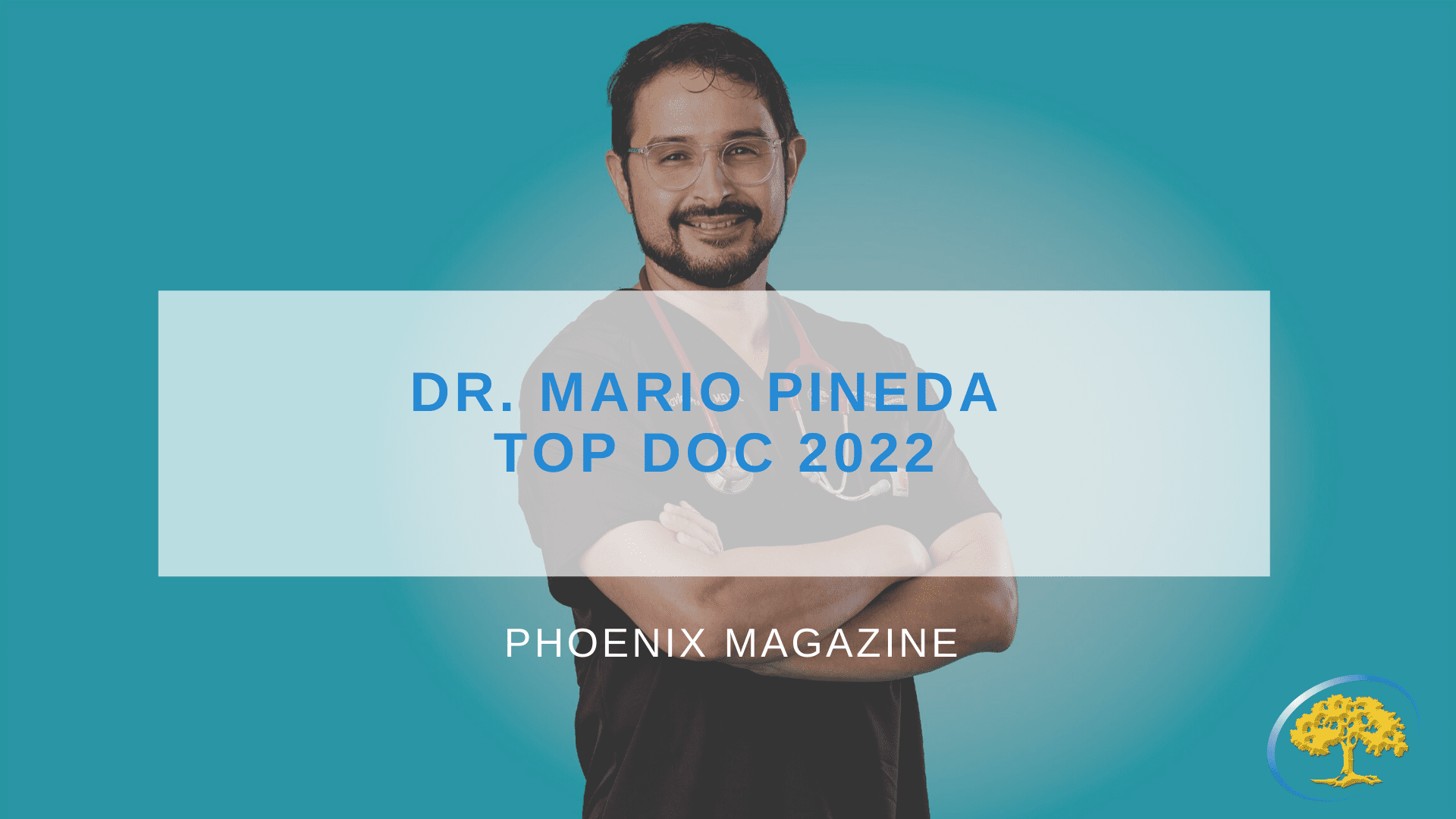
Posted 4 years ago
2022 Top Doctor: Mario Pineda, M.D.
Gynecological Oncology
Med School/Year Graduated: University of Washington, 2007
Years in Practice: 8
What are the most common gynecologic cancers?
Endometrial cancer is the most common form of uterine cancer and is the most common gynecologic malignancy. It’s followed by ovarian cancer, which is the most common cause of gynecologic cancer death in the [U.S.]. Cervical cancer is third.
Which preventive measures can women take?
Endometrial cancer is the most tightly linked cancer to the obesity epidemic in the U.S. [so] healthy lifestyle choices are important. We [also] have effective vaccines that target the human papillomavirus, thereby decreasing the risk of developing cervical cancer, cervical pre-cancer lesions and other HPV-related diseases.
What are some of the specific challenges of treating gynecological tumors, vis-à-vis typical cancer?
Sex, sexual health and the reproductive organs are very sensitive topics in our society. This taboo limits women’s self-exploration and, therefore, the understanding of their bodies. Conversations about possible dysfunction are challenging and frightening. For many women, the reproductive system is tied intimately to one’s self-identity. These factors increase the risk that a gynecologic malignancy is identified at a more advanced stage.
What is the most accurate depiction of cancer you’ve seen in popular culture?
As a father of young children, my exposure to much of today’s popular culture skews to the under-10 target audience. So, reaching back before my kids were born, I think that The Family Stone, a 2005 rom-com, depicts cancer [honestly in] separate plot line from the main romantic comedy. The emotional portrayal of the challenges faced by the matriarch, played by Diane Keaton, and her family because of her breast cancer recurrence resonated with me. The fear and doubt, the anger and resentment, the reconciliation and love all continue, they have to continue, even as this character battles a horrible disease.
What do you see as the most promising advancements on the horizon in your field?
The most promising advancements in cancer have come from being more able to identify populations of patients who have an increased likelihood of benefiting from one therapy over another. Maintenance medications in ovarian cancer and immune modulator therapies for endometrial and cervical cancer are improving lives of many cancer survivors. But for all women, HPV vaccinations decrease the risk that they will ever develop the HPV-related cancers. We are also identifying an increasing number of women for whom risk-reducing surgeries can also safely decrease new diagnoses of ovarian and endometrial cancers.
You also have a Ph.D. in molecular and cellular biology. How does your expertise in these areas improve and inform your work?
Medical understanding has changed dramatically over the years. The doctorate has helped me critically evaluate research priorities and the results of medical research. In the past, I have conducted bench-top research studies and clinical research trials [and] at Ironwood [Cancer & Research Centers] I hope to continue to partner with others to innovate medical treatments that reduce the number of patients suffering from cancer.
You’re a first-generation Salvadoran-American! Where in the Valley do you go for pupusas?
I love that pupusas have made it mainstream. You’re looking for a restaurant recommendation? I have two: Salvadoreño Restaurant No. 3 in Central Phoenix and Seydi’s Pupuseria in North Phoenix. Not greasy and a great selection of pupusas. Both have excellent curtido and other typical Salvadoran entrées and sides. Also don’t miss the annual [Arizona] Pupusas Festival [in November].
What are your hobbies and interests outside medicine?
Secretly, I love to read science-fiction and mystery novels. Check out Jim Butcher’s Harry Dresden series [The Dresden Files]. I’ve lived in Chicago and enjoy imagining the action taking place in a city I know well.
What are you watching on Netflix these days?
On Netflix, we’re watching Chico Bon Bon, a monkey with a toolbelt, and Octonauts, a group of animals focused on conservation. I appreciate [that] many of the streaming services have Spanish audio options.
“If I wasn’t a doctor, I’d be…”
A teacher. We don’t value this profession as much as we should. I can imagine that the personal fulfilment it would give would be similar to the buzz that medicine does. We cannot always wholesale fix the problems faced by those we serve, but we can make a difference. I know teachers made a difference in my life.
Phoenix Magazine Top Doc profile Dr. Mario Pineda
Read more about Dr. Pineda and Ironwood Women’s Center here.
